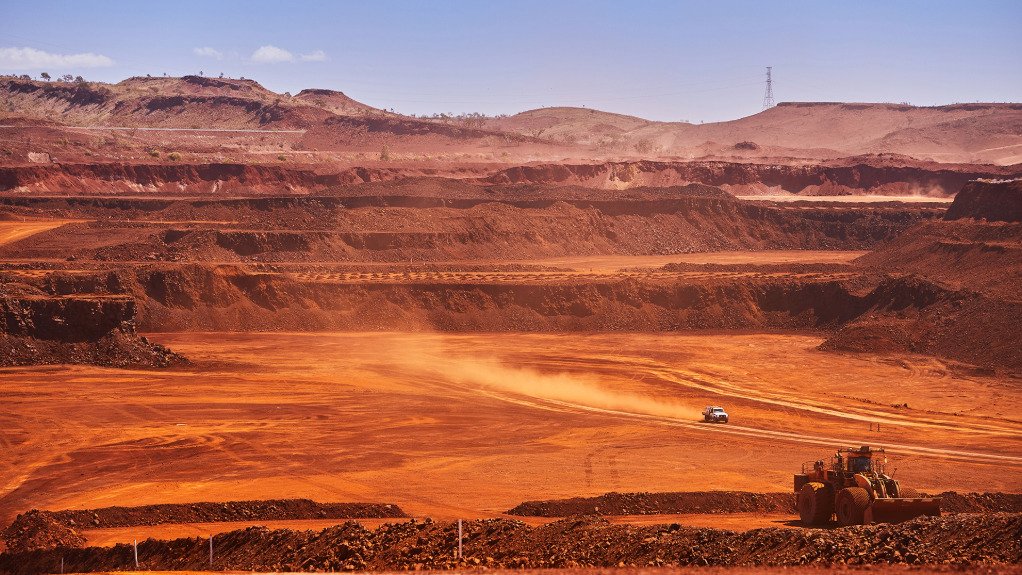The top global iron ore miners are headed for their weakest earnings in five years as a struggling Chinese property sector weighs on demand for the steel raw material, while new supply coming on line this year dampens the price outlook.
Analysts see a tough year ahead for miners, with iron-ore and other commodity prices expected to weaken as tariffs imposed by the Trump administration weigh on global growth and China continues to grapple with tepid domestic demand.
“We continue to see the mining sector facing strong headwinds as global growth remains subdued and near-term commodity prices linger at lower levels,” Citi analysts Paul McTaggart and Kate McCutcheon said in a research note.
Australia’s Westpac forecasts iron-ore prices will weaken through this year, citing record inventory levels and new supply from the giant Simandou project in Guinea, set to enter the market this year.
BHP, the world’s largest miner, reporting on Tuesday, is primed for a hefty 23% drop in its half-year underlying earnings, its worst first-half decline in six years.
Analysts expect its dividend will be at 50% of earnings, the minimum under its payout policy, with UBS pointing to a rise in capital expenditure, net debt and an uncertain outlook for China as factors behind a conservative dividend payout.
The world’s top two iron-ore producers, Rio Tinto and Brazil’s Vale, both report results on February 19, with Rio Tinto expected to post a 6.4% decline in annual profit. Vale’s fourth-quarter earnings are tipped to fall 10%.
Estimates by Visible Alpha at $11-billion indicate it could be Rio Tinto’s worst annual profit in five years.
Its full year dividend is expected to be at the top end of its payout range, with Macquarie citing its “strong balance sheet position”.
Underlying half-year earnings are seen slumping roughly 50% for Fortescue the world’s fourth largest iron-ore producer.
Mining stocks were hammered 19% last year against a 7.5% gain in the broader ASX200 benchmark.
And while analysts are starting to see value in these stocks trading at discounts to the broader market, headwinds to global growth and new iron ore supply from Guinea could limit share price gains.



